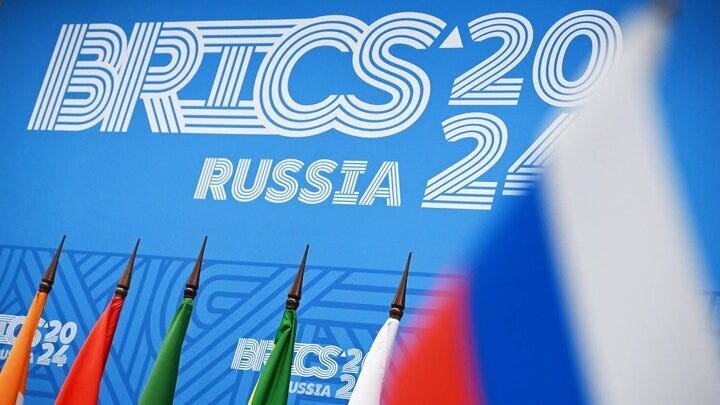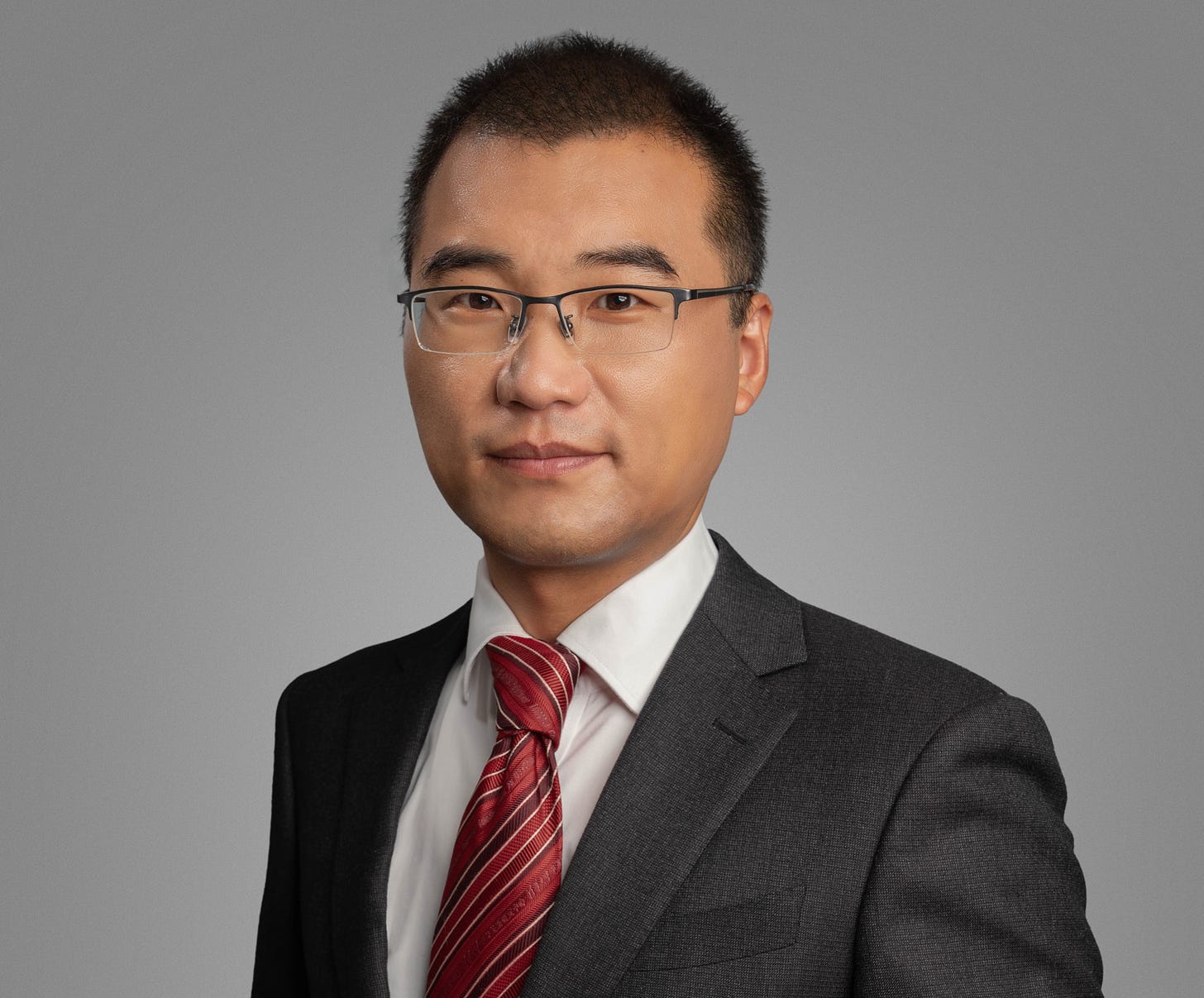BRICS provides effective, inclusive path for Global South to participate in global governance reform: views from Prof. Wang Lei
Chinese President Xi Jinping met Russian President Vladimir Putin on Tuesday in Kazan, Russia. Xi arrived in Kazan earlier in the day for the 16th BRICS Summit. It was the third face-to-face meeting of Xi and Putin in 2024.
Xi said that the BRICS mechanism is the world's most important platform for solidarity and cooperation between emerging markets and developing countries. In the terms of bilateral relations, he said that China and Russia have found the right way for neighboring major countries to get along with each other, which features non-alliance, non-confrontation and not targeting any third party.
According to Xinhua, Putin stressed that Russia is ready to closely cooperate with China to ensure the success of the first BRICS Summit after its expansion, driving positive outcomes in greater BRICS cooperation. He also said that Russia is ready to maintain close high-level exchanges and strategic communication and coordination with China in international affairs, and work with China to uphold international fairness and justice as well as global strategic stability.
The Kazan Summit marks the first in-person BRICS gathering since the group expanded its membership last year in Johannesburg, South Africa. More than 30 countries attend this year's summit which runs until Thursday.
Earlier on Tuesday, Beijing Scroll interviewed Wang Lei, who is a professor of School of Government and the director of the Center of BRICS Cooperation Studies at Beijing Normal University. Prof. Wang shared his views on the summit as follows:
1. Since the beginning of this year, BRICS cooperation has continued to expand. What role will BRICS countries play in the future among the Global South and in geopolitics?
Prof. Wang: Overall, the essence of BRICS cooperation is expanding. Most directly, it further solidifies the role of BRICS in promoting global economic sustainable development, maintaining world peace and tranquility, enhancing the exchange of civilizations, and improving the reform of the global governance system. The most immediate impact is providing an effective and inclusive path for the Global South to participate in global governance reforms and constructions through BRICS.
Secondly, addressing current geopolitical conflicts and hotspots. As a collective multilateral force, BRICS can offer a new paradigm that seeks inclusive solutions through multilateralism. This strengthens the critical role of BRICS in addressing geopolitical conflicts.
2. What challenges does BRICS cooperation currently face?
Prof. Wang: First, BRICS faces the challenge of amplified diversity, which may highlight internal differences, especially after expansion. Differences in political systems, economic development models, historical and cultural traditions, and stages of social development have increased, raising the costs of coordination and consensus-building among BRICS countries. This poses a significant challenge in forging a unified voice among BRICS countries.
Second, BRICS faces challenges in defining its institutional role and accelerating institutionalization. Currently, it still maintains the position of an international mechanism without a permanent secretariat, and its foundational documents lack binding force. It operates on a rotating presidency and consensus decision-making principle. After expanding to include more members, it is necessary to ensure policy continuity and coherence within BRICS, hence the need for an efficient and orderly operation of the BRICS mechanism.
Third, the expanded cooperation of BRICS has brought positive momentum and, to some extent, masked or overcome some challenges in cooperation obligations, significant achievements, declining trust, and overlapping institutional constructions among BRICS countries. With a growing desire for cooperation among the broader Global South, it is crucial to determine the boundaries and appropriate scale for BRICS expansion.
3. How should BRICS countries overcome current challenges?
Prof. Wang: First, BRICS should further solidify its strategic partnerships, viewing internal cooperation from a broad perspective and in the interest of long-term development, avoiding nationalism and preventing bilateral issues or non-BRICS cooperation topics from disrupting the mechanism's development.
Second, confidence in BRICS cooperation should be maintained by viewing international changes and strategic perspectives. BRICS represents emerging economies adapting to international trends without being fundamentally impacted by temporary international or regional issues.
Third, prioritizing the establishment of BRICS mechanisms, enhancing the internal institutional framework, promoting the establishment of a physical secretariat, and ensuring effective and orderly advancement in key cooperation areas, thus solidifying a feedback mechanism for BRICS members' interests.
4. What role does China play within the BRICS mechanism?
Prof. Wang: China is a leading force in BRICS, continuously providing significant cooperation concepts and foundational public goods throughout the initiation and development of BRICS cooperation.
China is the most widely recognized and supported member within BRICS, playing a coordinating role among members and promoting genuine multilateral principles and spirit through its responsible major-country diplomacy. China does not seek a leadership position within BRICS but exerts a guiding influence. China's leading position and high recognition within BRICS stem from its substantial contributions, not a deliberate pursuit, but a reflection of positive feedback from other countries based on its actions.
Note: In the interview, I asked Prof. Wang about the Xi-Putin meeting. He gave a detailed response, but since the interview was conducted before the meeting and the meeting has now concluded, for fairness, I will omit this part in this newsletter.




